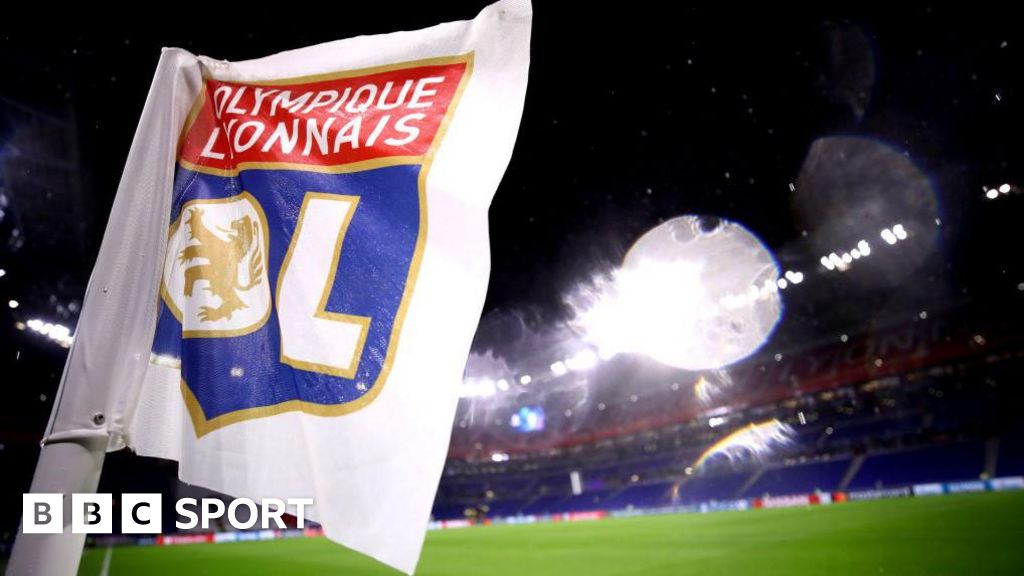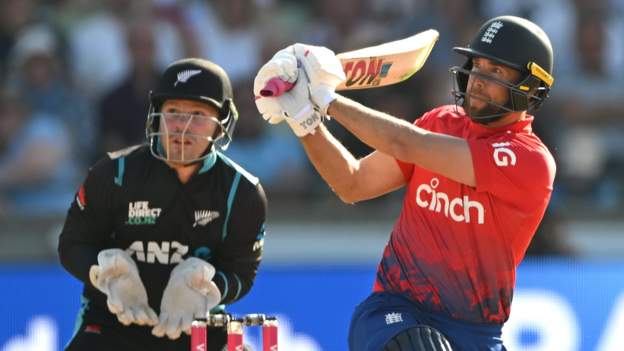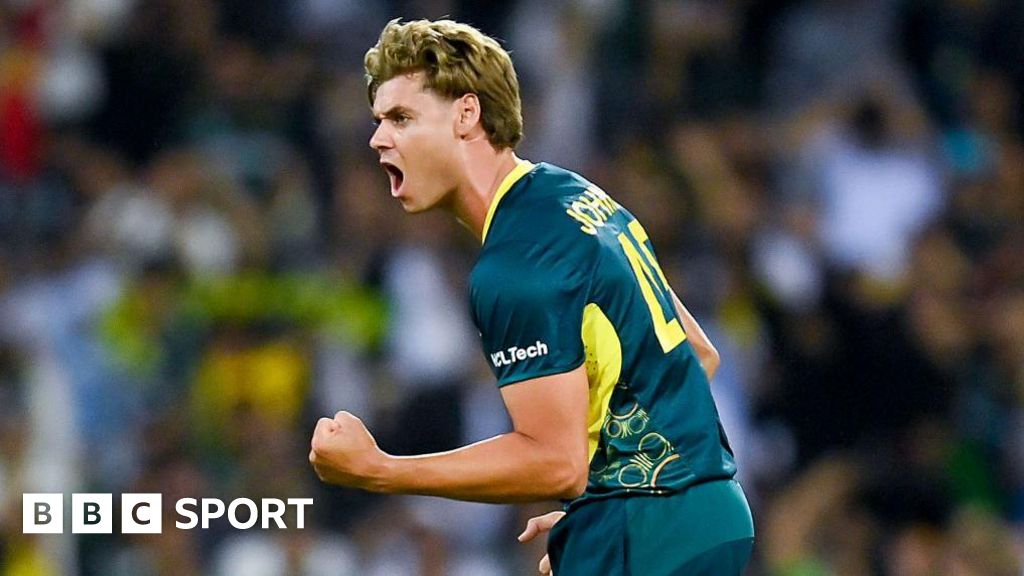Edgbaston’s sustainability measures for an England T20 game with New Zealand in 2023 cut carbon emissions by a third, says a report into the match’s impact.
The 25,000-seater stadium was run entirely by wind, hydro and solar power for the third T20 game on 3 September.
Other changes included free bus travel for spectators, sustainable food packaging and electric lawnmowers.
A report by climate action specialists Net Zero Now found the match emitted 33.7% less carbon than forecast.
The forecast, which used data from previous comparable matches at the Birmingham venue including T20 Blast Finals Day in 2020, estimated the match would have a footprint of 494 tonnes of CO2.
The final calculation in the report showed the reduction activities lowered the footprint to 327.79 tonnes of CO2.
“We set ourselves a target of 25%, so to cut emissions by more than a third is really encouraging,” said Edgbaston sustainability manager Lydia Carrington.
“The report takes into account everything from spectator travel to food, drink and merchandise bought, pitch maintenance and energy usage immediately before, during and after the game.
“We will be taking the learning from the Go Green Game and looking to implement more sustainable processes into our matchday delivery both for international and domestic cricket.”
Edgbaston has pledged to to become a carbon net zero business by 2030.
Reports into the impact of climate change on sport have suggested that cricket will be the hardest hit of all those that use a pitch or field.




















